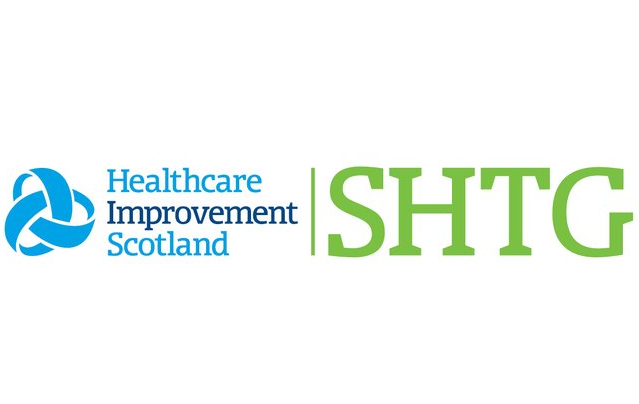Community respiratory teams (CRTs)
1. An observational study5 compared the rate of COPD emergency admissions for people aged 65 years or older, before and after the implementation of a CRT in North West Glasgow. Over a 21-month period, a small reduction of 0.85 COPD emergency admissions per 1,000 population was attributable to the introduction of the CRT service. Given the relevant population of 26,021 people with COPD, this equated to approximately 13 fewer emergency admissions per year in North West Glasgow.
Hospital at home (H@H): admission avoidance and early supported discharge
2. A systematic review of reviews13 found that for patients with COPD who were cared for through H@H services there was no difference in risk of hospital readmission or death compared with inpatients with COPD.
Supported self-management and home based pulmonary rehabilitation
3. A Cochrane review of 52 randomised controlled trials9 (RCTs, n=21,086) found that multidisciplinary programmes, that included elements of self-management support, were associated with statistically significant improvements in health related quality of life (HRQoL), and reductions in respiratory hospital admissions and all-cause accident and emergency (A&E) attendance, among patients with COPD.
4. A systematic review and a systematic review with meta-analysis26,27 found no consistent evidence of an effect of supported self-management on quality of life, hospital admissions or A&E attendance compared with usual care in primary care patients with COPD.
5. A meta-analysis10 (10 RCTs, n=1,716) within a health technology assessment (HTA) compared supported self-management within 6 weeks of hospital discharge with usual care in patients with COPD. While there were no statistically significant between-group differences in all-cause mortality or hospital admissions, there was a statistically significantly greater improvement in HRQoL in patients receiving supported self- management.
- A second meta-analysis within the HTA explored the impact of an ‘enhanced care’ self-management component. Enhanced care was associated with statistically significantly greater improvements in HRQoL after 3 months follow up and reductions in hospital admissions at 1 year follow up, compared with usual care in patients with COPD.
6. A Cochrane review28 (26 RCTs, n=6,008) found that self-management (support not specified) was associated with statistically significantly greater improvements in HRQoL and reductions in respiratory hospital admissions and A&E attendance, compared with usual care in patients with COPD.
7. A systematic review of reviews and a meta-analysis11 (15 RCTs, n=1,800), compared home based pulmonary rehabilitation with usual care or centre based pulmonary rehabilitation for patients with COPD:
- compared with usual care, home based pulmonary rehabilitation was associated with statistically significantly greater improvements in HRQoL and exercise capacity
- comparisons of home based and centre based pulmonary rehabilitation found no statistically significant differences in HRQoL or exercise capacity.

